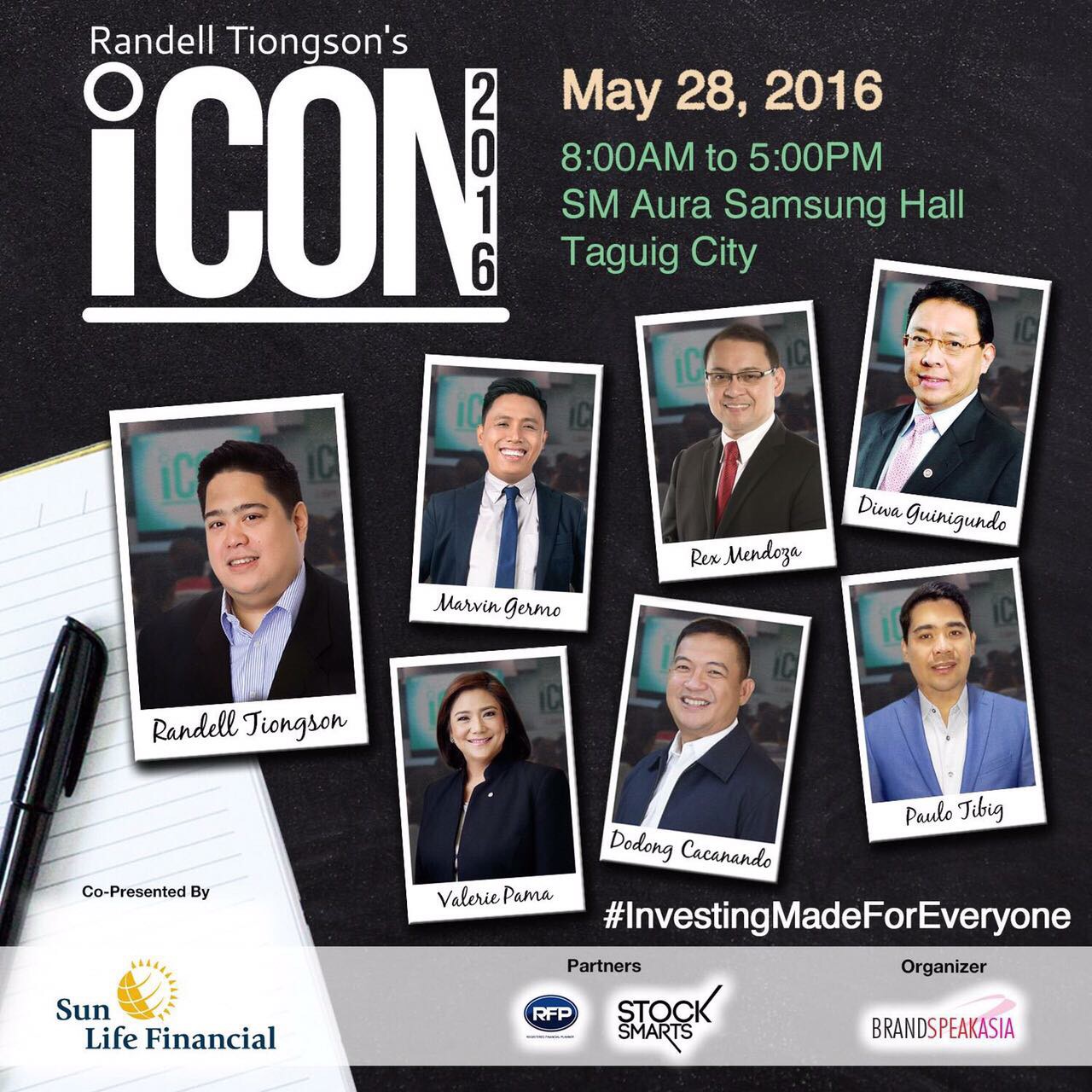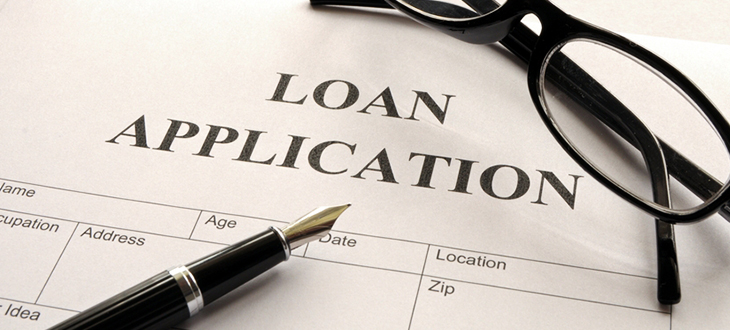Why You Need Car Insurance
By Randell Tiongson on April 26th, 2016

In 2010, payment for Acts of Nature insurance increased by 11.5%, from Php 12.1 billion in 2009 to Php 13.5 billion in 2010, a year after tropical storm Ondoy hit the country. After the destruction the storm left, more Filipinos saw the value of car insurance, particularly the Acts of Nature coverage, which is insurance provided for damages cause by natural occurrences, such as floods, typhoons, earthquakes, and the like. As a whole, car insurance, which includes Acts of Nature coverage, provides multiple benefits to car owners.
Here are 3 reasons as to why you need car insurance if you don’t have one yet, or are unsure whether you need one.
To protect yourself
Vehicular accidents can cause a strain not only on your pockets but your emotional well-being. Having car insurance in the event of a car accident gives you the peace of mind that you have the capacity to cover the damages. Whether you need Php 20,000 to replace your bumper or a million Pesos to buy a new car if your old one is totaled, having a car insurance policy takes away the stress from having to shell out money during an accident. Imagine having to deal with an irate car owner whose vehicle you hit, shelling out money to cover repairs, and carrying on with life sans your vehicle which you use on a daily basis. Car insurance offers stability and gives you the peace of mind that you can handle unfortunate car-related instances that come your way.
To protect others
Comprehensive Third Party Liability (CTPL) insurance is a requirement of every motor vehicle before it is registered with the Land Transportation Office (LTO). CTPL provides protection to passenger-victims and third-party victims and offers death benefits, funeral expenses, and hospital reimbursements. In the unfortunate event that you experience a minor (or major) accident and are liable for the injuries you caused to passengers or non-passengers affect in the collision, your CTPL provides financial assistance to cover incurring costs.
To protect your vehicle and pockets
Regular car maintenance does add up. A single part replacement will cause you from the low- to the high-thousands depending on the damaged part. What more if your vehicle needs major repairs or a replacement? This will cost you in the hundreds of thousands and even in the seven-digit range depending on your vehicle and the damages. MoneyMax.ph, a financial comparison website for car insurance, wrote an article entitled, 3 Real-Drivers Saved by Car Insurance, wherein in one account, Rowyn, an owner of a Montero Sport which hit a taxi which then collided with an Isuzu, was given Php 500,000 by her insurance provider for paying Php 9,000 in annual premiums. If you had to shell out Php 500,000 for car repairs and damages, where will you get the money if you didn’t have car insurance? How much of a strain will that cause to your emergency funds? As mentioned above, car insurance provides you with financial security. You may be paying your coverage monthly, but in the event you need to make a claim, your annual premium is loose change compared to your coverage.
What now?
For those looking for financial security, car insurance, and life and non-life insurance in general, takes you one step closer to financial stability. Having insurance protects your emergency fund and other financial accounts you have because in the event you need a large amount of cash, your insurance policy will give you the coverage. Unlike if you didn’t have insurance, one unfortunate accident can wipe more, if not all, your savings. If you’re thinking of insuring your car, MoneyMax.ph provides a personalized platform where you can filter different insurance policies according to your specific car make and model. It’s best to use comparison websites first before applying for a policy so you can do your research and find the most affordable and beneficial coverage for you.
Attend the biggest investment conference of the year — iCon2016! Visit www.icon2016.info for details

Factors That Affect Your Personal Loan Application
By Randell Tiongson on April 9th, 2016

There’s a misconception that personal loans are bad for you. They sink you further into debt, cheat you through sky-high interest rates, and do more harm than good for your finances. However, you can use personal loans to your advantage. They can cover unforeseen expenses, such as health bills and expensive home or car repairs and can be used to pay school-related expenses among others.
Just because personal loans can benefit you, it doesn’t mean that you should start taking them out. You can use personal loans during an emergency, but you must have a mindset of paying them back. If you forget these, then the misconception holds true – that loans can ruin your finances.
“You can use personal loans during an emergency, but you must have a mindset of paying them back… and use them only as a last recourse.”
In the event that you need to apply for a personal loan, here are 4 factors that affect your personal loan application.
Credit History
A credit history shows your discipline to handle credit. If you continually max out your limit, this may give the notion that you are dependent on credit, and you’ll be dependent on the personal loan you’re applying for. Having a positive credit history shows your ability to manage debt over a long time.
Employment and Income
Payment periods for personal loans can range from 6 to 36 months. Showing proof of employment, usually your pay slip and a Certificate of Employment, gives the bank security that you have income coming in on a bi-monthly basis to pay the loan. For self-employed individuals, you would need to submit other documents, such as audited financial statements and a business permit, when applying for the loan. As for your income, its importance is in the loan amount you’ll be able to borrow. If you have a higher income, you can avail of a larger loan amount. If you have a smaller income, you may not have the capacity to pay back higher loan amounts.
Showing proof of income and employment proves to the lending institution you have the capacity to pay the loan back. Keep in mind that the borrowers expect to get their money back and will reduce their risk as much as possible. One way to reduce risk is to lend to individuals who can pay the loan back.
Outstanding Debt
As lending institutions expect you to pay the loan back, they will only let you borrow the amount you can afford to pay back relative to your income. In the same way, your outstanding debt may decrease the loan amount you can borrow. Banks factors in your debt-to-income ratio, which measures your ability to pay your total debt with your income. See below to calculate your debt-to-income ratio
(Debt 1 + Debt 2 + Debt 3…+ Debt N)/ Gross monthly income) = debt-to-income ratio
Ex:
(Php 1,500 + Php 1,000 + Php 5,000)/ Php 15,000 = 0.5
0.5 x 100 = 50%
Your debt-to-income ratio is 50%
In the example, a debt-to-income ratio of 50% is bad news because half of the gross monthly income just goes to debt. Before applying for a personal loan, make sure that your debt-to-income ratio is low to increase your chances of approval and avoid being charge a higher interest fee.
Payment History
Borrowers want to make sure that you will pay them back by prioritizing paying the loan you got from them. This includes car, and mortgage payments, student loans, credit card, and other loan types and the frequency in which you paid them. Late payments show that you may lack discipline to pay back loans. However, on-time and regular payments show that you’re responsible to pay back your loan which minimizes your risk to the borrower.
Now that you know which factors affect your personal loan application, you’re more ready for the application process. You know which documents to prepare and you have an idea of the direction of your loan approval. You can take your preparation a step further by researching on different personal loans from various providers through financial comparison websites. These comparison platforms, such as MoneyMax.ph, allows you to compare personal loans from various providers and filters your search results according to income, payment period, and interest rate among others.
Always treat any form of debt with much wisdom. “The only man who sticks closer to you in adversity than a friend is a creditor.”
How do you spend your money?
By Randell Tiongson on April 3rd, 2016
“Don’t tell me where your priorities are. Show me where you spend your money and I’ll tell you what they are.” – James W. Frick

The most fundamental of issue on personal finance is money management.
One of the most common questions I ask all my financial counseling session is this – ‘how do you spend your money’? The first things we need to establish is reviewing the cash flow statement. Looking at the expenses gives me a quick look at the financial situation of a person and most of the time, I’m pretty dead on.
The cardinal rule on being wealthy is this – “Spend less than what you earn and invest the difference.” The first and most difficult hurdle is often the spending less part. I’ve always believed that there are only two forms of an expense – its either a need or a want. Lo and behold, most people I know (me included) who had a problem having a healthy cash flow are those who have difficulties controlling their ‘want’ expenses. In extreme cases, I’ve witnessed some people bring down their ‘need’ spending just to maintain their ‘wants’ – yikes!
The prudent thing to ensure we will have a healthy cash flow (where inflow of cash is far bigger than its outflow) is for us to be sensible in the way we spend. There is really nothing wrong on spending on ‘wants’ but when those spending are causing you to have a very unhealthy cash flow or worse, being in debt, it’s time to STOP.
Our income is always finite therefore we must be very wise in the way we spend it. Priorities should be clear, communication between spouses and between children should be open so that everyone in the family will understand about priorities in the family income. I implore parents, specially fathers to take a strong lead role in coming up with a healthy family finance so there will be peace and harmony.
I strongly believe that we have the power to curb our wants. We are all rational and logical – its time our finances reflect our real priorities. “Reason should be superior to emotion; you are what you think, not what you feel.” – Francis Kong
A patient man has great understanding, but a quick-tempered man displays folly. – Proverbs 14:29, NIV





